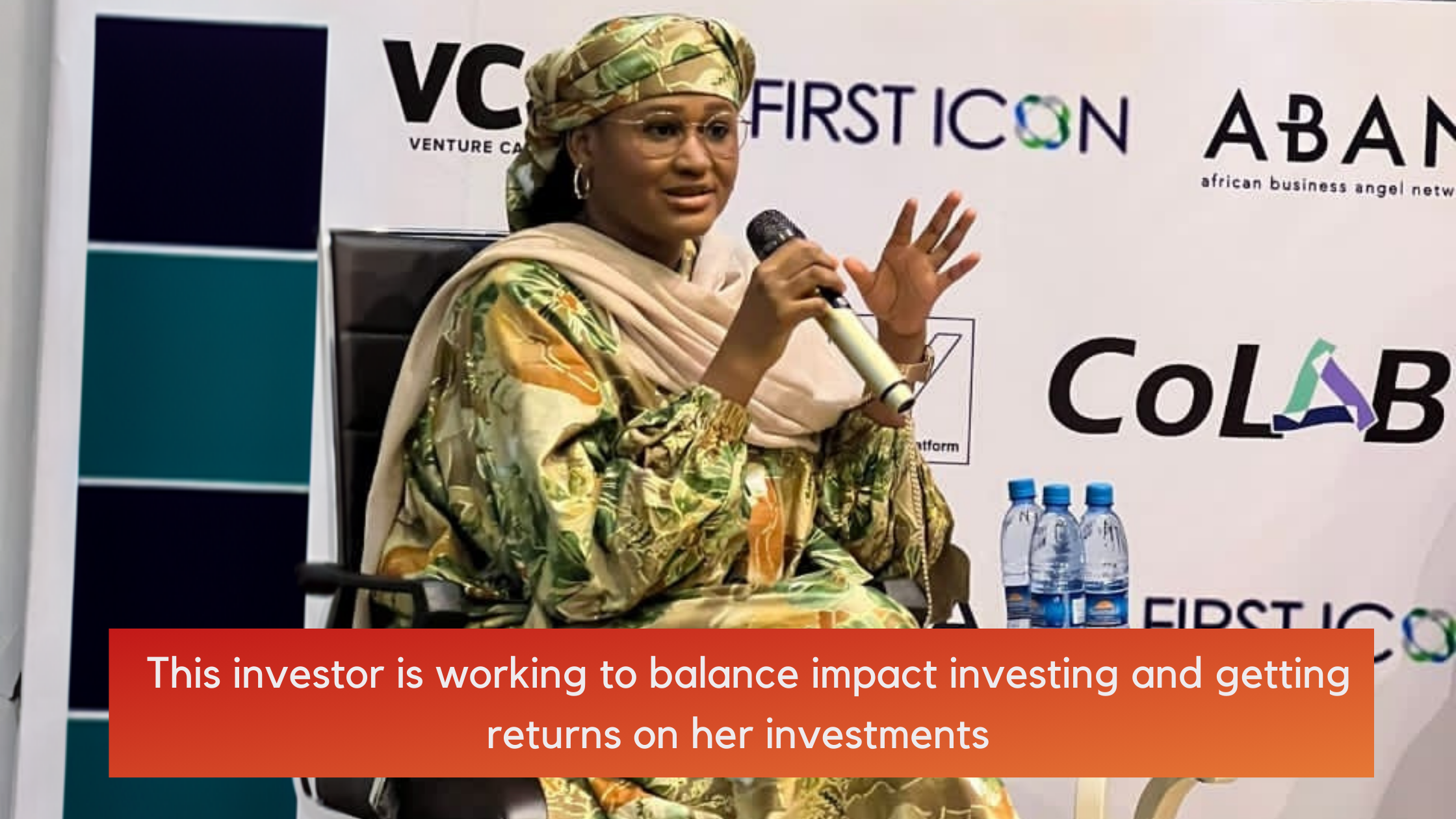In the course of her work helping venture capital firms across the world gain access to deal flows from Africa, Surayyah Ahmad realised that these local ecosystems lacked structure, affecting the quality of said deal flows. This pushed her to return to Nigeria from London in 2022 to do the work of fostering collaboration and building funding pipelines within the local ecosystem, especially in northern Nigeria, through her accelerator, TechTankLabs (TTLabs).
According to Ahmad, her focus on the northern tech ecosystem is simply strategic.
Nigeria’s population is expected to match that of the United States by 2050, becoming the third-largest country in the world, and a large number of that population will come from the northern part of the country.
“This is a ready market for anything,” she shared. “We want to make sure that we start to harness the potential now, not in the next 20 years.”
In November, Ahmad, alongside Sanusi Ismail, the founder of Kaduna’s first tech innovation hub, CoLab, announced the launch of Aduna Capital, a $20 million fund targeted at discovering and nurturing early-stage tech founders across Africa, with a focus on regions like northern Nigeria.
One of the main challenges of the northern tech ecosystem is a lack of access to funding as there are not enough VCs in the region, according to this report. On the other hand, investors from other regions are typically wary of investing outside the Lagos tech bubble. This puts entrepreneurs building in the north in a tight position, with many resorting to dev shops and prioritising being contractors for the government over pushing to scale their startups.
“There are a lot of businesses in Abuja, but they get carried away with contracting and doing dev shops,” Ahmad shared. “Dev shops were the highest category of companies in our survey, which makes sense that people are developing software for the government.”
However, Ahmad believes this trend is slowly changing as the ecosystem is increasingly seeing more people who recognise the need to have scalable products that are not government-dependent. She believes that it’s important to invest in them.
According to Ahmad, the right time to invest in some of those outliers is right now because a couple of success stories will result in a multiplier effect for the ecosystem.
“We’re already starting to see success stories with Sudo Africa, which raised $3.7 million; and Flexi Saf, which is bootstrapped to over a million dollars in revenue,” Ahmad said over a call. “These kinds of successes send a message to others, or even employees that work there, that they can build and scale their products. The cycle continues and this is how we’ll start to see a more vibrant ecosystem.”
Ahmad is also hopeful that this growth will be facilitated by the presence of Nigeria’s new minister of communications, innovation and digital economy, Bosun Tijani. Tijani recently launched the 3MTT programme to train three million tech talents, simultaneously giving smaller tech companies the chance to apply to facilitate trainees.
“Having one of our own who understands the pain of the ecosystem is great, and I can see that he’s already opening things up with the 3MTT programme, giving smaller companies the chance to apply as trainers,” said Ahmad. “This is automatically going to catalyse the ecosystem both in Abuja and nationwide, simply because some of these companies will have that initial market that they need to gain some traction and to be able to prepare for the funding.”
Beyond funding, another key challenge of the northern tech ecosystem is a lack of cohesion. This means that it is often difficult for entrepreneurs to connect with other stakeholders to gain knowledge or access to opportunities and resources. Currently, there are only about 40 key ecosystem entities, including accelerators, VCs and incubators operating from the region.
This is something that Ahmad struggled with in her early days in the ecosystem. She shared that a lot of growth and funding opportunities were only discovered later in her journey.
She told TechCabal: “As a young founder, I wish I knew the kind of support available to me out there as a founder—all the accelerators or incubators or programmes. It is very sad, but it’s also the reason why we’re making sure that founders within the ecosystem here can access support, even if not from us, but from other incubators and accelerators available within the space.”
In the next five years, Ahmad is looking to grow TTLabs to become a major pipeline for deal flows from the region and connect underserved founders around the country to VCs in Africa. Their fund, Aduna Capital, is targeting a 5–10x investor return, striking a balance between impactful investments and lucrative returns for investors.





















